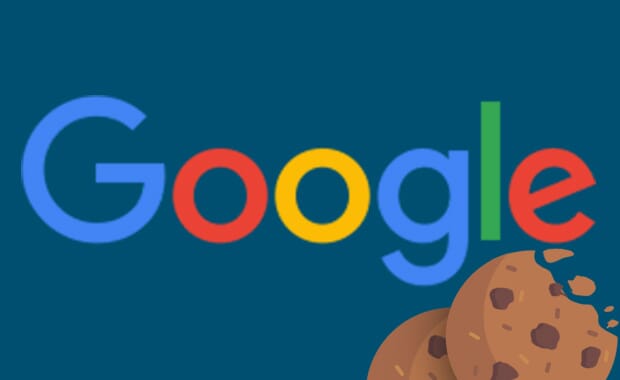
Among advertisers, it’s probably THE news: Google wants to stop its cookie tracking in 2022. Advertising will then be targeted exclusively with the help of categories.
Cookies adé or even the cookies are empty
Every advertiser knows it – cookies can be used to reach customers in the most targeted way possible. What do you do when the technology suddenly disappears? According to Google product manager David Temkin, users should not have to accept being tracked across the Internet just to take advantage of relevant advertising. This is Google’s response to the increasing data protection requirements in Europe and the USA.
As early as 2020, Google started tightening its basic settings for cookies in its Chrome browser. Since then, a secure https connection is mandatory and third-party cookies are excluded.
Categorization of users instead of cookie tracking
Google already promised not to replace cookie tracking, even through a default setting in its Chrome browser. Instead, a categorization of the users should take place. It is therefore no longer possible to address users specifically, but rather groups of like-minded people with an interest in the same hobby or the same products.
According to Temkin, the Internet should remain open and accessible to all. That’s why there needs to be more attention paid to the privacy of users, but that also means an end to third-party cookies and any technology that tracks individuals as they surf the web.
Despite everything, Google will try to maintain and further expand its supremacy in the advertising sector. Johannes Beus, head of Sistrix, already commented on Facebook that Google will continue to usurp the advertising market. Other market participants would have to be lucky if they were allowed to use Google’s “privacy-preserving APIs” as well.


